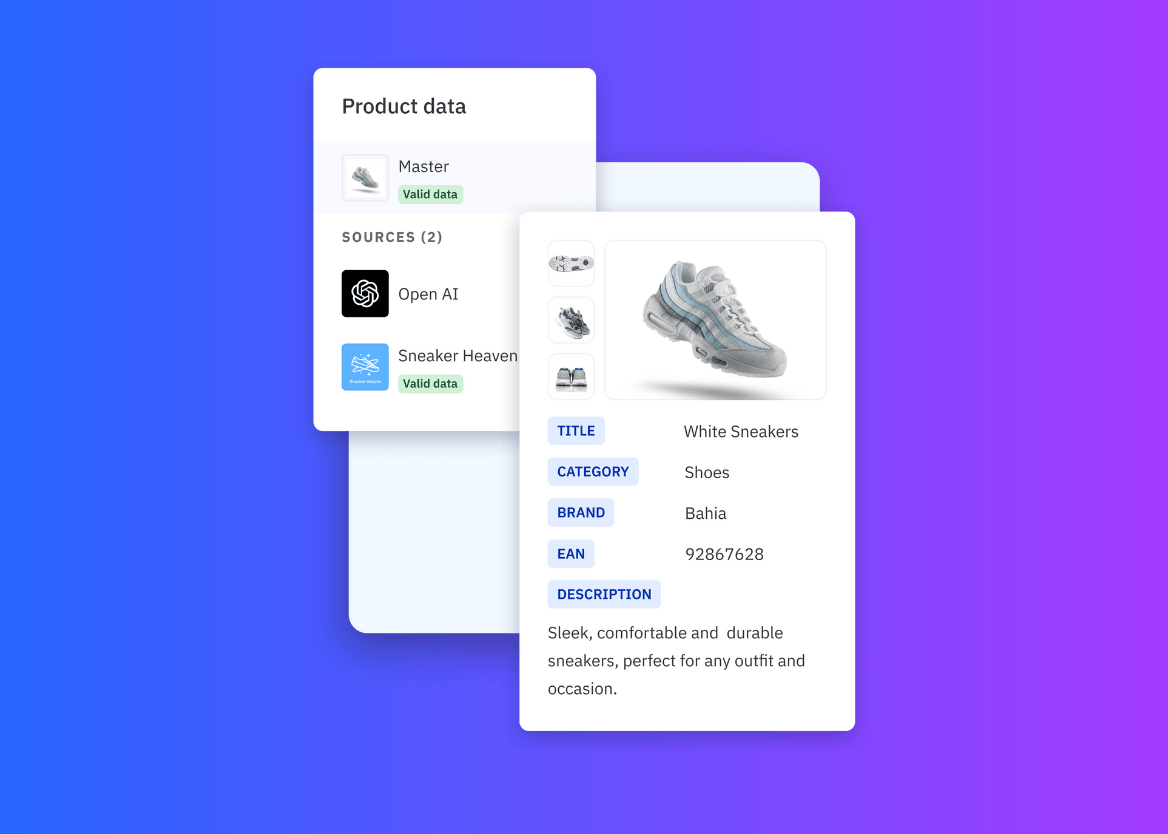Top 5 Marketplace Predictions for 2019

In 2018 eCommerce grew by 16% to over $500 billion, and marketplaces were critical to this growth. Will marketplaces continue to accelerate eCommerce in 2019? Below are my top 5 marketplace predictions for 2019. Be sure to subscribe to the Mirakl blog to see how these predictions pan out throughout the year:Top 5 2019 Marketplace Predictions
Marketplaces continue to drive eCommerce acceleration – In 2018, eCommerce in North America grew by 16% to over $500 billion. A close look at Amazon’s success shows marketplaces are a key driver for this growth. Fifty three percent of the units sold on Amazon were provided by third party sellers. A historical look at Amazon’s third-party seller service revenues shows the significant growth of marketplace sales; third-party seller service revenues jumped from $22.99 billion in 2016 to $31.88 billion in 2017. In 2019, we expect this trend to continue with marketplaces driving even more eCommerce sales than in years prior.
Loading...
Percentage of Paid Units Sold By 3rd-Party Sellers on Amazon Platform as of Q3 2018
Amazon uses its weapon of mass data collection against its third-party sellers and customers – Platform owners have a lot of power, as Amazon has exemplified through entering categories based on high-performing third-party sellers. The capability to collect mass amounts of data gives the retailer a leg up when it comes to knowing which products to sell and promote to customers. Through AmazonBasics, Amazon offers a myriad of ‘store brand’ products, which often come at lower prices than their name brand equivalents. In 2019 we expect to see Amazon, As a platform owner, continuing to enter the product categories of third-party sellers with successful sales, competing directly and sometimes pushing them out of the market. In light of this trend, sellers should safeguard their businesses in 2019 by finding new successful marketplaces to list their products on. Another growing concern is by Amazon customers on how their data is used. We’re just starting to see Amazon exploiting their knowledge of what their customers purchase by allowing advertisers to target very specific buying behaviors and individuals. We expect this to continue and for consumers to question Amazons use and protection of their data the same way they now question Facebook.
As marketplaces become more regulated, Amazon faces reality – At the end of 2018, the U.S. government announced new FDI rules to be enacted in early 2019. A call for increased regulation and clarity, the new regulations prohibit online marketplaces with foreign investments to sell the products of companies in which they hold stakes and ban exclusive marketing arrangements. These provisions are predicted to hit Amazon hard, forcing the eCommerce giant to alter aspects of its marketplace selling model. In the end, marketplace facilitators need to be informed about taxes when selling internationally, especially under these new regulations. Retailers considering launching a marketplace can safeguard against this by choosing a solution that’s prepared to handle current and future tax legislation.
Platform business models rise in B2B – A 2018 Forrester report debunked the myth that only two or three platform business models exist. In reality, the report found “there are as many platform business models as there are actual business models,” convincing the researchers that the prevalence of software platforms will affect the strategy and economics of some part of the value chain of every industry. In 2019, Mirakl will continue to support companies with their platform business model and expects to see an increase in B2B organizations embracing the marketplace model.
New skills for platform management will emerge – In 2019, the API economy and the platform economy will continue to be pushed closer together, allowing companies to both operate their own platforms and be a participant on other platforms. As the idea of brands operating their own marketplaces while selling on Amazon and other platforms becomes more prevalent, IT and business professionals will need to learn to adapt as well and develop new skills for platform and ecosystem management.
Subscribe to the blog to follow along with these predictions, breaking marketplace news, and best practices.



